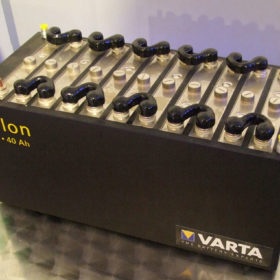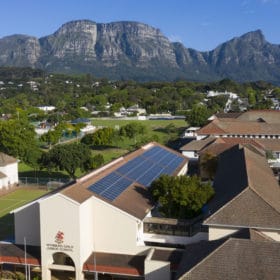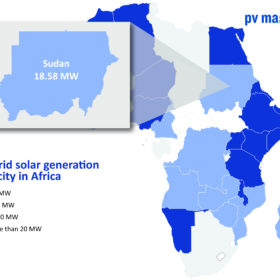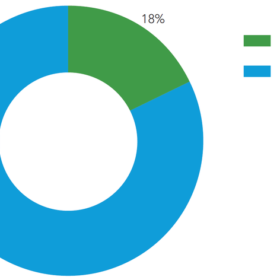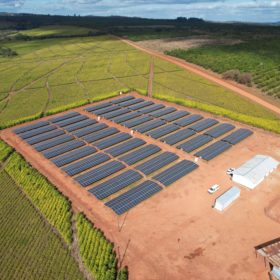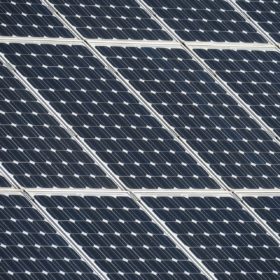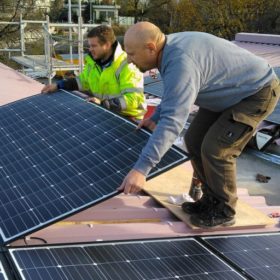Lithium-ion vs lead-acid batteries
An international research team has conducted a techno-economical comparison between lithium-ion and lead-acid batteries for stationary energy storage and has found the former has a lower LCOE and net present cost. Through their analysis, which was performed assuming the use of the batteries in connection with a 10 kW, grid-tied PV system, the scientists concluded that lithium-ion batteries are the most viable solution.
International group offers $68m loans for struggling off-grid clean energy distributors
‘More than 90’ suppliers of appliances such as solar lanterns and home solar panels, as well as mini-grid installers, will be offered low-interest credit by an assortment of government-backed and privately-financed entities.
Sudan plans to deploy solar irrigation pumps
More than a thousand units will be installed on farms in two Sudanese states under a program financed by the African Development Bank. Consultants interested in organizing the program have less than two weeks to declare their interest.
‘The chance to reset with a green recovery has now been lost’
Norwegian consultancy DNV today published the latest of its annual surveys of the state of the energy transition and lamented the fact so very little has been achieved during the last five years. We are forging ahead into a world that will be 2.3C hotter this century, predicts the report.
Climate Change AI unveils US$2 million grant program
Artificial intelligence is already demonstrating its climate change chops, for example by analyzing satellite images to better detect and monitor methane leaks from fossil fuel infrastructure.
Togolese airpost launches tender for 1.8 MW solar park
The self-consumption project has an estimated cost of around $2.4 million.
Solar hybrid system is just the cup of tea for Tanganda
Johannesburg-based clean power business Blockpower is working on installing a back-up power supply across three agricultural estates in Zimbabwe.
Sixty-three PV projects to compete in South Africa’s 2.6 GW renewables tender
The South African authorities have published the list of projects competing in the the fifth round of the Renewable Energy Independent Power Producer Procurement Program (REIPPPP). It seeks to procure 1 GW of PV and 1.6 GW of wind power.
Energy transition to create 60m solar jobs by 2050
The switch from fossil fuels and nuclear will bring a jobs dividend thanks to the greater labor-intensity of renewables plants, according to a paper published by Finland’s LUT. However, the jobs dividend is unlikely to be evenly spread around the world, with Europe set to be a big winner.
South Africa raises threshold for distributed generation to 100 MW
The new provisions were published in the country’s official journal on Friday and are now in force. Large scale PV plants of up to 100 MW may be built without requesting a license, through a simplified procedure with the national regulator.
